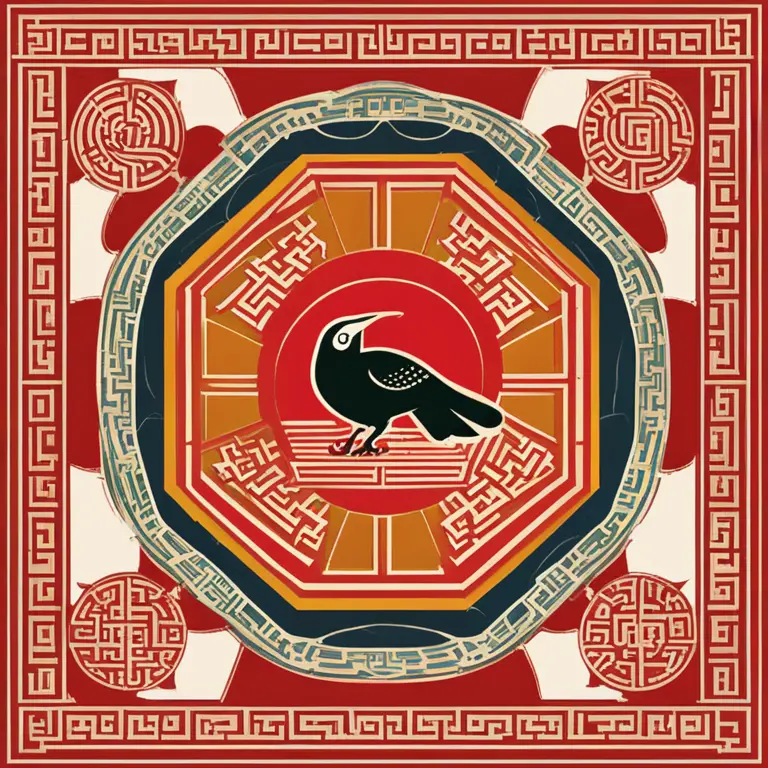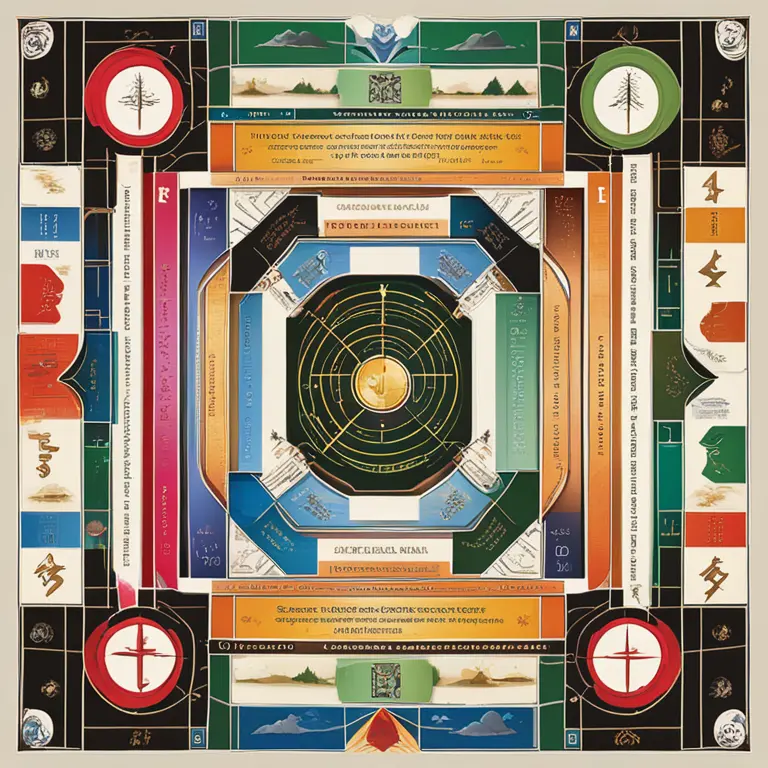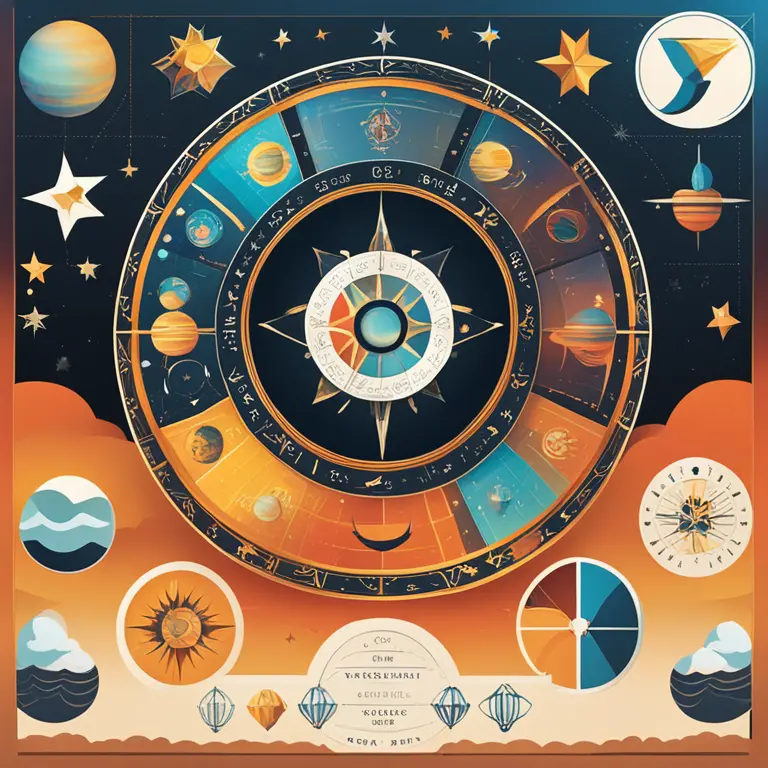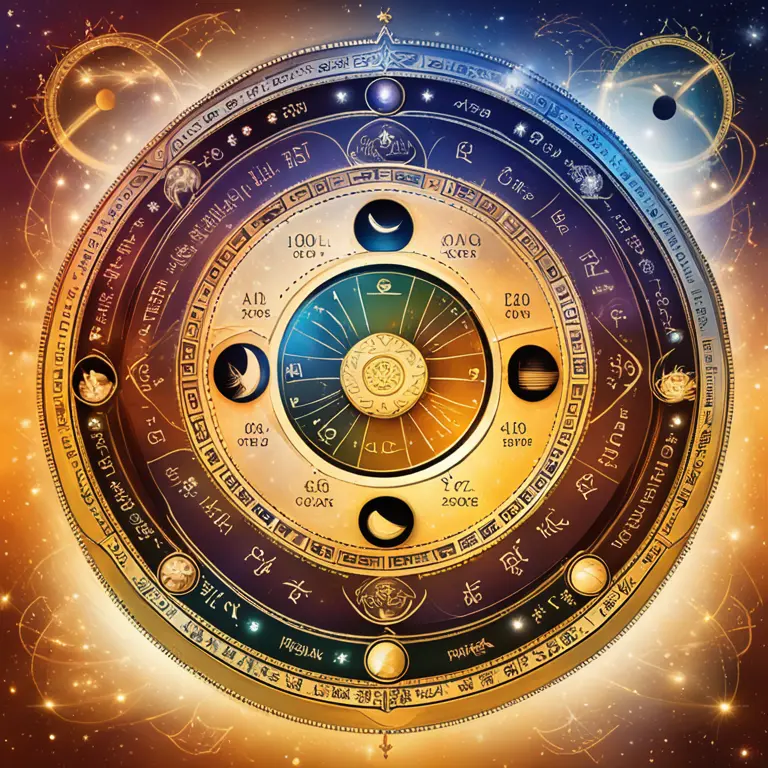
Choosing the Right Branch of Astrology for You
Discover the various branches of astrology and how to choose the one that aligns best with your needs and interests.
article by Priya Deshmukh
The Quest for Astrological Insight
Astrological practices have always been a guiding light for those seeking understanding about life's complex weave. The year is 2024, and the interest in cosmic influence remains undiminished, with astrology seeing innovative fusion with modern psychology and technology. However, newcomers to astrology often face the conundrum of choosing the most suitable astrological practice for their individual needs. This article seeks to illuminate the path for those at the crossroads of cosmic exploration and self-discovery.

Western Astrology: The Zodiac Approach
Western astrology, with its twelve zodiac signs, remains one of the most popular systems. It draws upon the tropical zodiac, which is aligned with the seasons. Personality traits, daily horoscopes, and life themes are interpreted based on planetary positions against the backdrop of signs and houses. This branch is particularly favored for its psychological understanding and personality insight, making it a common choice for personal growth enthusiasts.

Vedic Astrology: Ancients' Wisdom
In contrast to its western counterpart, Vedic astrology, or 'Jyotish,' is based on the sidereal zodiac which considers the Earth's axial precession. It is deeply rooted in the Vedas, ancient Hindu scriptures, and provides a soul map for understanding karmic life cycles. Its methods are complex and detailed, often used for predicting specific life events and making decisions about marriage, career, and finances.

Chinese Astrology: A Five Element Dance
Chinese astrology steps away from the planetary influence focusing instead on the interplay of the five elements - wood, fire, earth, metal, and water - along with animal zodiac signs that rotate in a 12-year cycle. Its forecasts are presented in a yearly, rather than daily or monthly manner, emphasizing one's overall destiny path rather than transient influences. Compatibility and fortune are key aspects addressed within this tradition.

Astro-Cartography: Mapping Life's Journey
An intriguing branch gaining more traction is astro-cartography, which melds celestial insights with geographical context. It delineates how different locations on Earth can activate various parts of an individual's astrological chart, influencing areas such as vocation, relationships, and personal health. Those with a wanderlust or seeking a change in environment may find astro-cartography particularly enlightening.
Modern Evolutionary Astrology
The contemporary realm of evolutionary astrology is paving the way for self-transformative guidance. By incorporating concepts of evolutionary growth and potential, this branch emphasizes choice and empowerment, making it a beacon for those who seek not just answers but direction for personal development. It teaches that our birth chart is not a static fate but a dynamic resource for navigating life's journey.
Choosing Your Personal Astrology
No single branch of astrology can be deemed 'the best' as each caters to different needs and offers varying perspectives. Your choice should be reflective of your own personal quest for meaning. Whether you seek a deep karmic understanding, day-to-day guidance, or insights on how to lead a more harmonious life, there is a branch of astrology waiting to be explored. Reflect on what resonates with you and step into the world of astrology with an open heart and inquisitive spirit.
Published: 2/13/2024
Modified: 2/13/2024
More predictions
Come back here soon to learn more about yourself and your future


Mastering Tarot Basics: A Beginner’s Guide
Embark on a journey into the art of tarot reading with our beginner’s guide, covering fundamental concepts and practical how-to steps.


The Moon Tarot Card: Insights and Meanings
Delve into the profound symbolism and astrological implications of the Moon Tarot card for guidance and personal reflection.


Crafting Inquiry: Top Tarot Questions to Ask
Discover the right questions to pose during a tarot reading to gain profound insights into your life's direction and decisions.